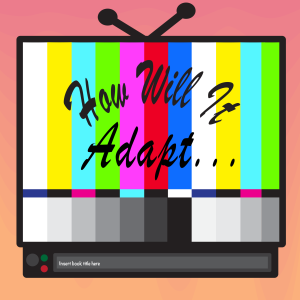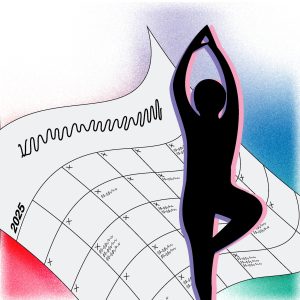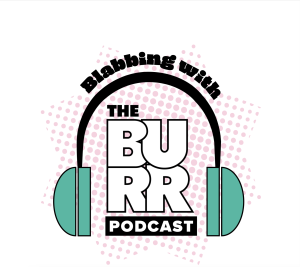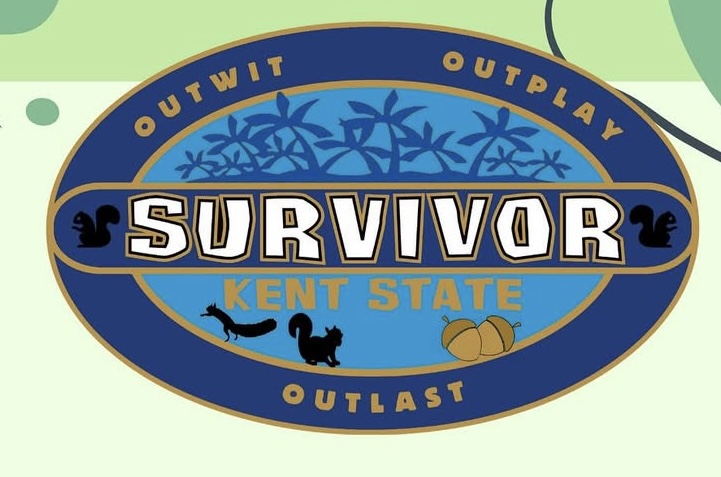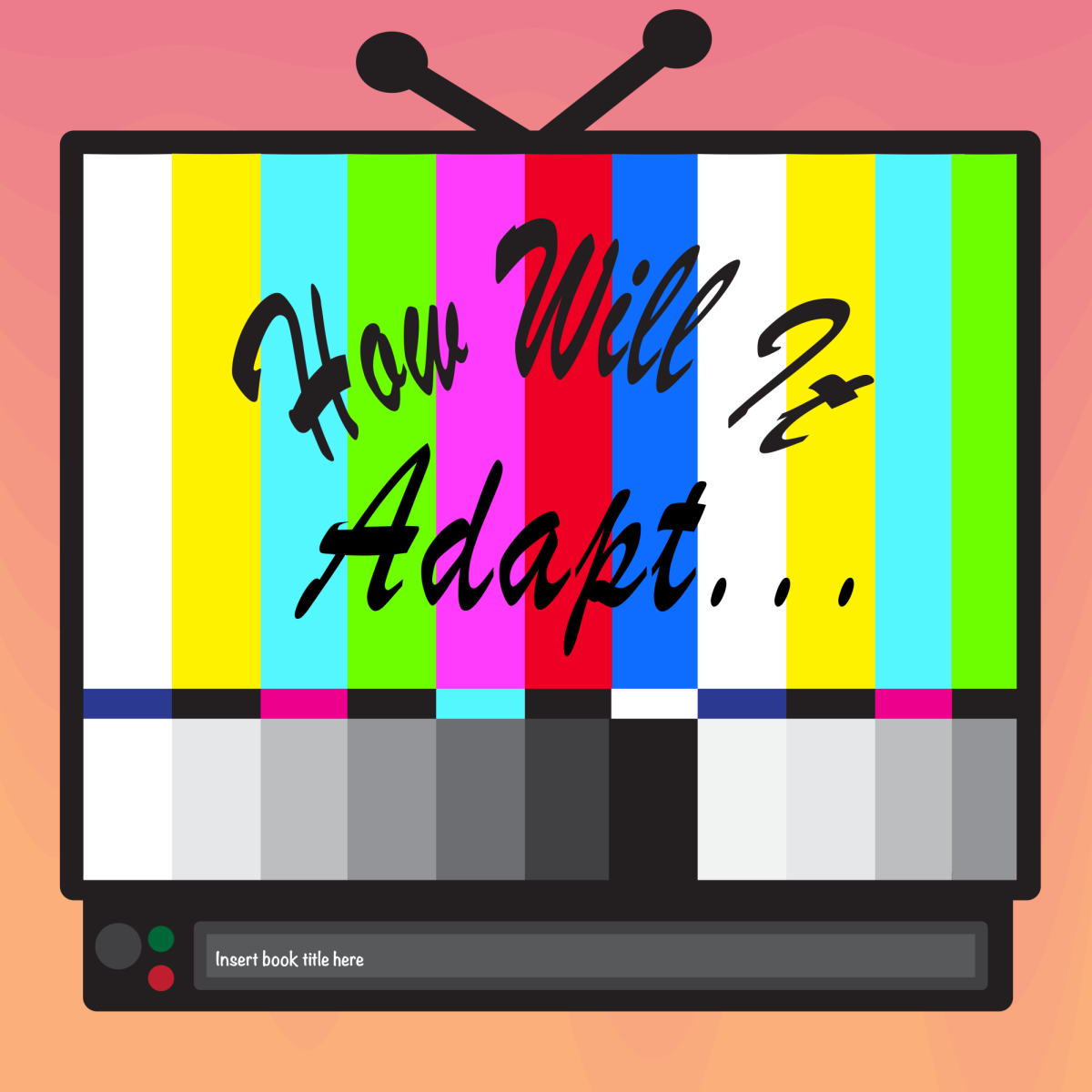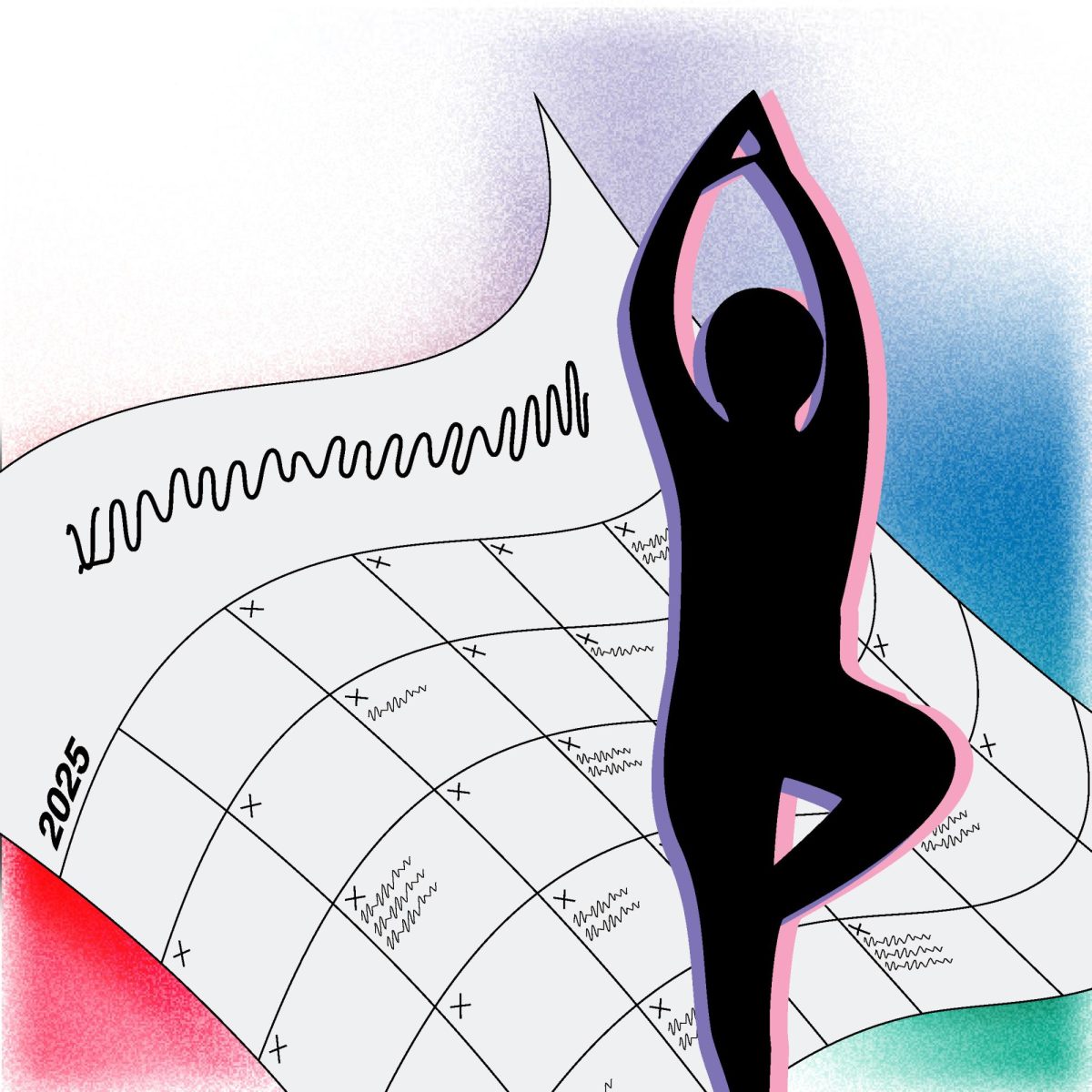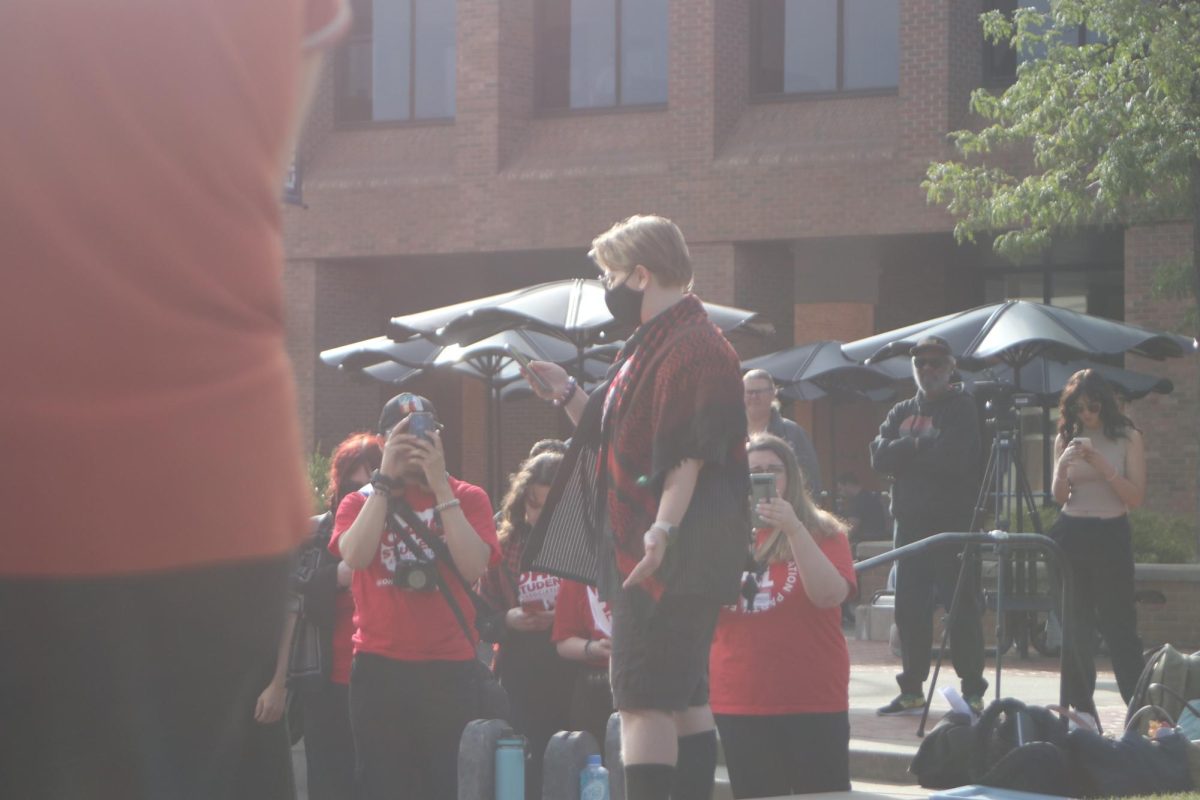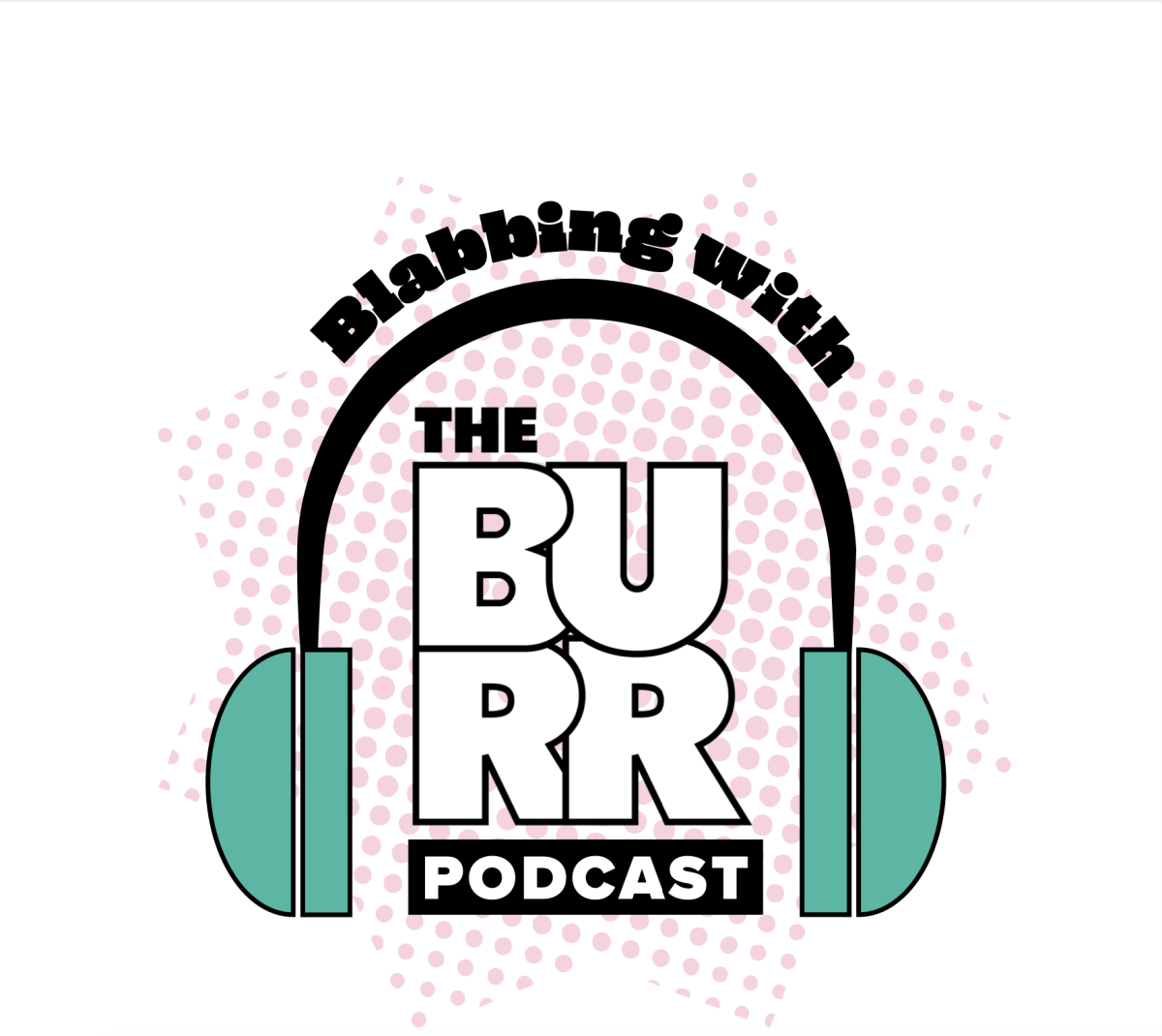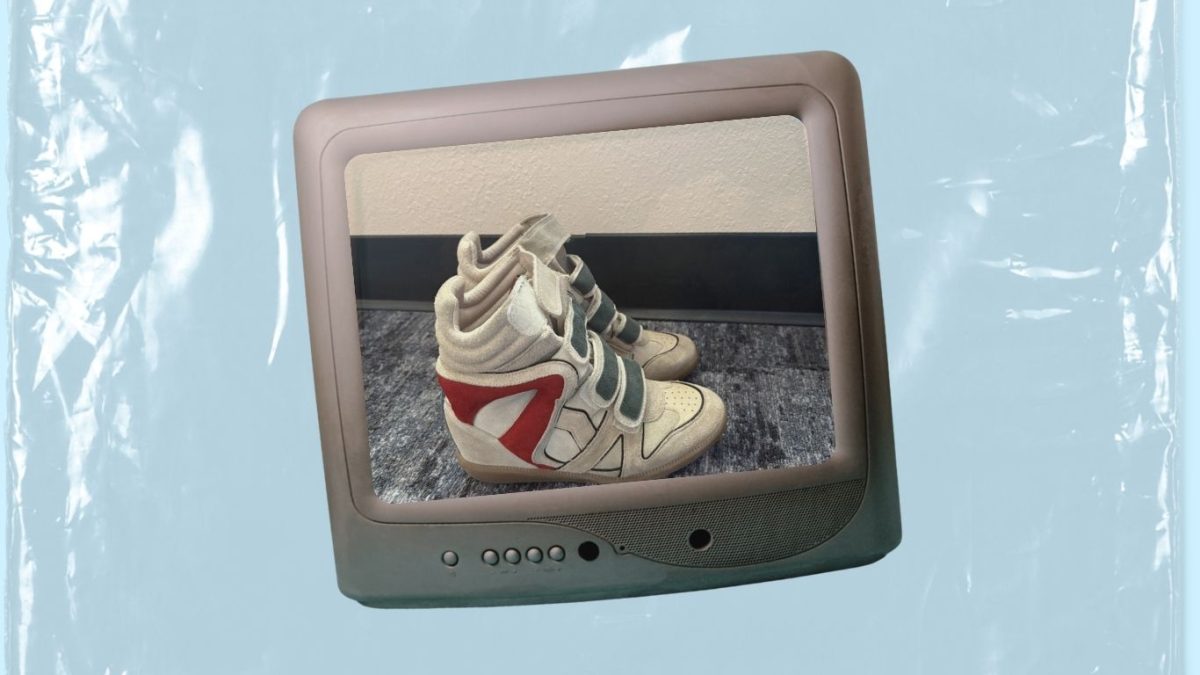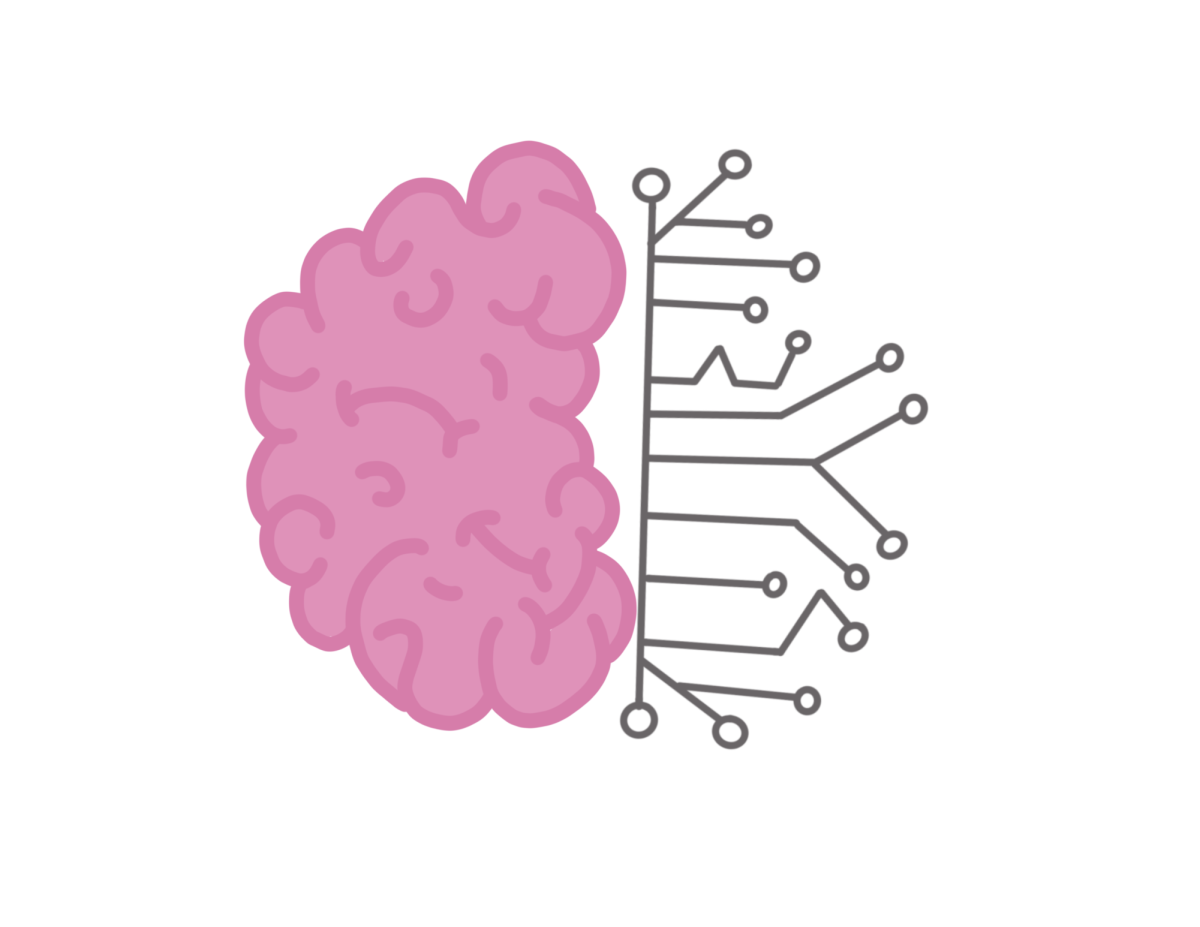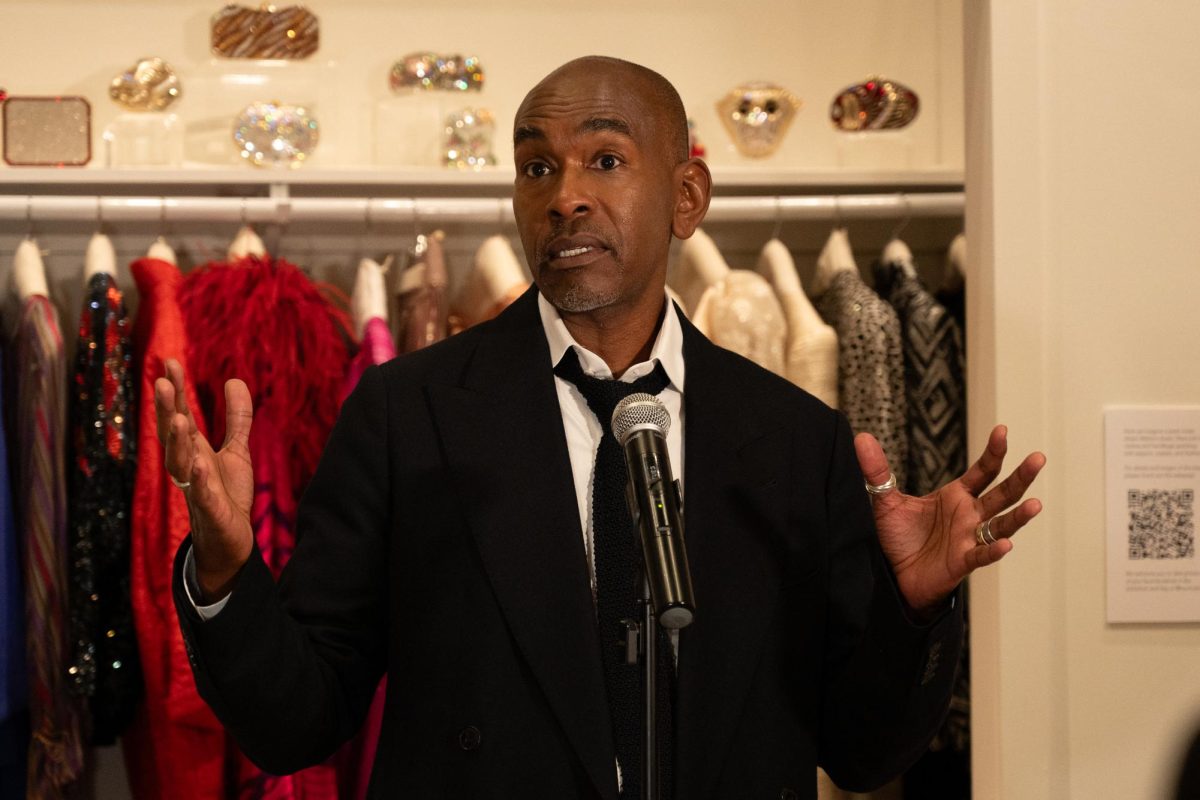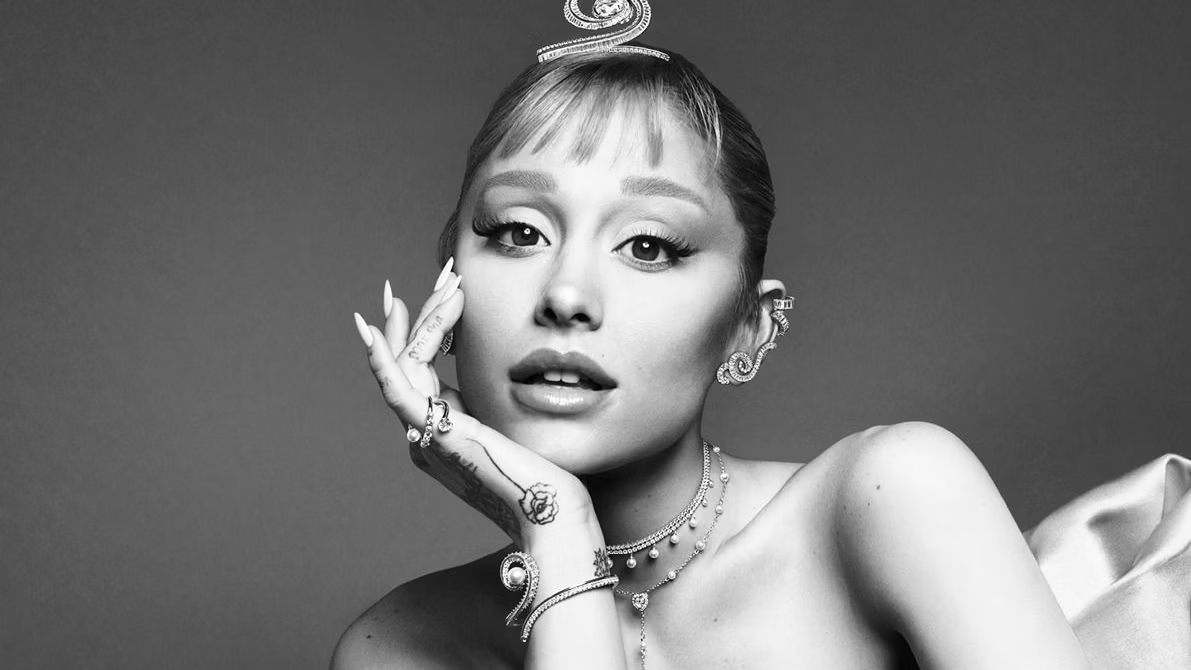With the 2024 presidential election approaching, Gen Z is beginning to pay more attention to the number of seats held by politicians born during the silent generation and the baby boom.
This concern is mainly rooted in a lack of representation of both Gen Z and Millennials in the federal government. According to data from Five Thirty-Eight,, over 53% of Congress is made up of representatives from these older generations.
The sheer quantity of silent and baby boom generation politicians isn’t the only concern younger generations have. Some are unsatisfied with the lack of attention older politicians give to issues important to Gen Z.
Many university students, like Lauren Bundschuh, a freshman fashion merchandising major, feel that lack of attention strongly. Bundchuh said that this older generation of politicians “are so used to the things they were taught when they were raised that they don’t want to see the changes that our generation is trying so hard to bring.”
“We know that it will make the world better, yet they just refuse to see it,” Bundschuh said.
Other students, like Jenny Kurko, a freshman exploratory major, suggest they are too out of touch with the needs of Gen Z.
“The decisions they make won’t affect them,” Kurko said, “they aren’t in touch with the majority of the people in their country, like all of us young people.”
The idea that the majority of those in office are unlikely to address issues brought up by younger constituents is an increasing fear for Gen Z voters.
Gen Z’s influence on elections is becoming stronger, as they make up about 17% of eligible voters during the 2024 election. According to the Center for American Progress Action Fund, this is about 13% more than during the 2016 election.
The massive growth in young voters has been something of concern to many politicians. This is especially true for those in the Republican Party who faced a big loss during the 2022 midterm elections. Pew Research conducted a study that revealed approximately 77% of Generation Z voters voted for a Democratic candidate for Congress during the 2022 midterm elections.
This has become apparent after many Republican-controlled legislatures have begun pushing to limit the vote of high school and college students.
In states like Ohio, students can no longer use their student IDs, nor can they use utility bills, bank statements, and other documents to vote under House Bill 458. The bill also does not qualify for out-of-state licenses, limiting access to voting locations for out-of-state university students.
Because of this, many students are left with no voice and no choice as to who represents them.
While we are told we have a voice through voting, Bundusch said, “we don’t have any representation higher up, so it feels like we don’t.” This is drastic in comparison to the older generation’s, whose voices and ideologies are better reflected within their political parties.
Another suggestion is that it isn’t exclusively the generation or party of a politician, but when they have mental blocks.
After witnessing events where older politicians seem to freeze up and forget what they are doing, young voters have found themselves shocked as to how older politicians with mental blocks can continue their terms.
Students like Jack Kelly, a freshman professional pilot major, believe that “you can’t be doing [politics] when you’re having little mental blocks,” Kelly said. At that point, he considers them “too old.”
The most recent, and infamous, example of this is when 81-year-old Minority Senate Leader Mitch McConnell froze up during two different interactions with the press. The first was during a press conference and the second when reporters in Kentucky asked if he would run for re-election.
Headlines with questions like “too old to hold office?” and “too old to govern?” have been plastered all over news sources like ABC News and The Guardian. However, Gen Z and Millennials have also used platforms like TikTok to spread concern about the ages of politicians, especially when it comes to Mitch McConnell and President Joe Biden.
“I see McConnell and Biden a lot on social media,” Kelly said, noting that both parties will get the brunt of social media attention when slipping up.
Gen Z and Millennials have turned the video of McConnell freezing at the press conference into a meme, with videos captioned “old people when the card reader says,’remove your card,’” getting over 2.5 million likes on TikTok.
Social media has become the main way young voters spread awareness about the issues most important to them, as well as learn about issues and bills being put up for vote. This is something students like Ace Marks, a freshman psychology major, say could be a big reason why older generations may not be as considerate towards younger generation’s needs.
“So many people are portraying Gen Z as a very sensitive, woke and laid-back generation. And they don’t like that,” Marks said. “So many boomers just see this image of us as people who sit on their phones all day.”
This split in the way Gen Z and previous generations have dealt with political issues can be considered extremely different due to the effects of social media.
“It’s not to say that people who are older don’t have similar viewpoints as us,” Marks said. “Because of social media, they spread that message and make fun of Gen Z and further perpetuate that stereotype.”
Despite all the divides in opinions, policies and statistics between young and old people in the U.S., Gen Z is still keen on electing officials they feel are fit to represent them.
“It is mostly old white men in positions of power, but it’s mostly dependent on the people and what they are motivated to do and change,” Marks says. “It’s not just up to one person; this is something that has to be changed by an entire generation.”




